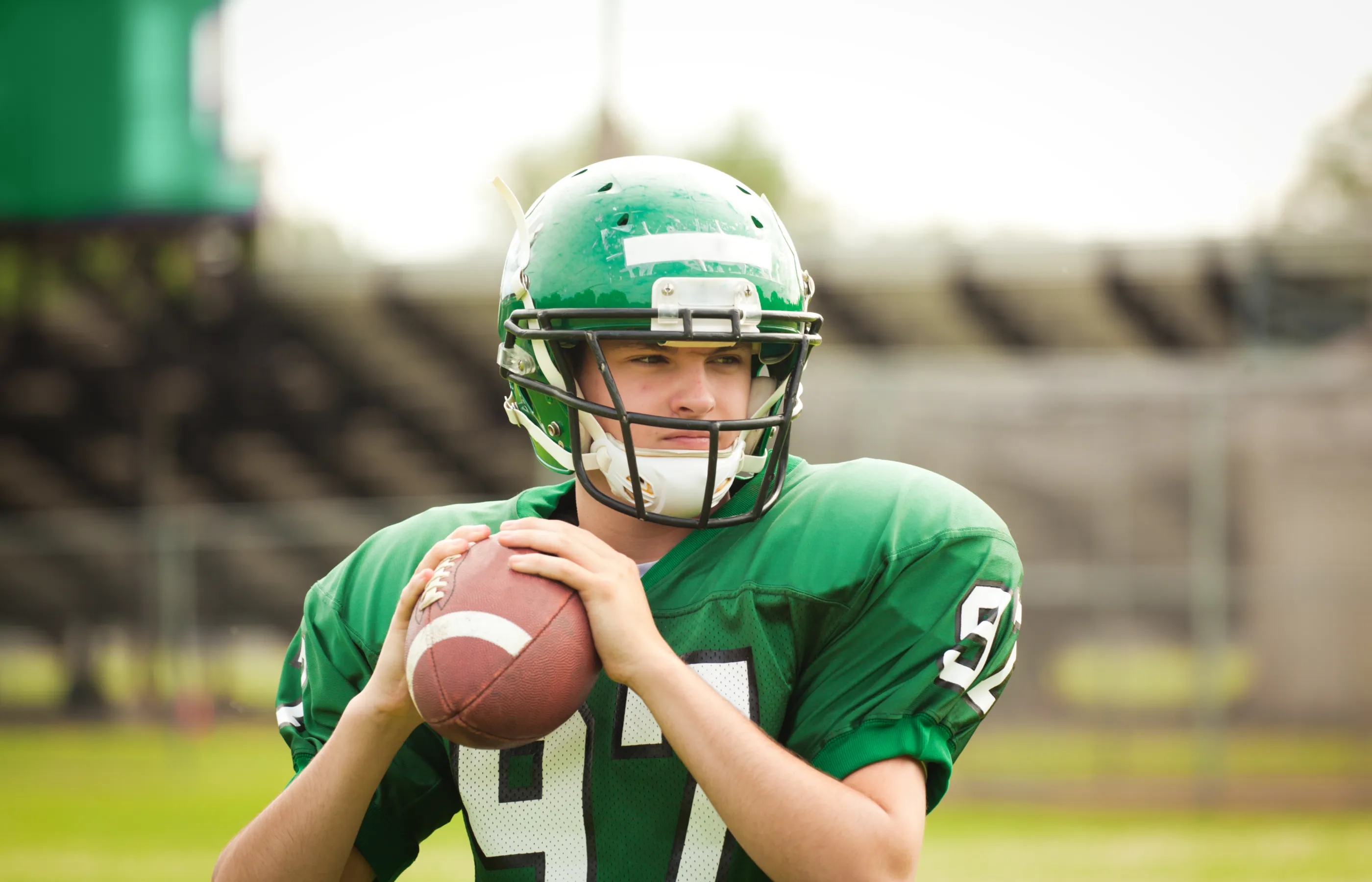Sports Concussion
Get expert care for head trauma.
If you suffer a head injury and experience lingering pain, disorientation or other symptoms, you should seek treatment immediately. Our experts in concussion treatment and head trauma will quickly assess the situation and check your neurological functioning, balance and vision to determine the proper course of action.
What is a concussion?
A blow to the head or impact to the body can cause your head and brain to be jarred violently, leading to a traumatic brain injury (TBI) or concussion. Falling and striking your head on a solid object can also lead to a concussion.
Each year, nearly 4 million people experience a concussion. The Centers for Disease Control and Prevention (CDC) estimates that 5-10% of athletes will suffer a concussion during any given sports season. Severe TBI-related cases result in around 50,000 deaths each year. Gauging the severity of a head injury can be difficult, so it's critical to consult with a concussion specialist immediately.

Symptoms of a concussion
The most common symptoms of a concussion are headache, dizziness and confusion. Other symptoms include:
- Nausea or vomiting
- Feeling sluggish or like you're in a fog
- Light sensitivity
- Forgetfulness
- Difficulty concentrating and following directions
- Slurred speech or inability to communicate normally
- A general sense of unease, as if your brain isn't working normally
- Difficulty sleeping
In most cases, symptoms occur immediately, but they can also surface a few days after the injury. If you have any of these signs of a head injury, seek medical attention as soon as possible.
Moderate and severe TBIs can cause significantly more pronounced symptoms like bleeding, drainage from the ears and nose, loss of consciousness, seizures and the symptoms usually associated with a concussion.
Sports-related concussions
Contact sports have the highest rates of concussions in athletes. Pre-season baseline testing is recommended for athletes to help evaluate balance and brain function and look for concussion symptoms. If you suffer a potential concussive injury during the season, results from baseline testing can be used to compare to any recent results from the time of injury to diagnose a concussion and determine a treatment plan.
Concussion treatment and protocol
If you suffer a sports-related concussion, you will be required to undergo a treatment plan designed to monitor you and help you safely return to activity. Our sports medicine specialists will help diagnose, monitor and create an individualized treatment plan for you. Concussion protocols are based on CDC recommendations and input from concussion and TBI specialists.
Protecting against head trauma
Athletes who play contact sports should always wear head protection since it distributes the force of a blow and reduces the severity of impact. You should also wear a helmet when cycling, rock climbing or participating in any activities where falling is possible, regardless of your age. A helmet won't prevent a concussion, but it can significantly reduce the chance of suffering a more severe TBI.
